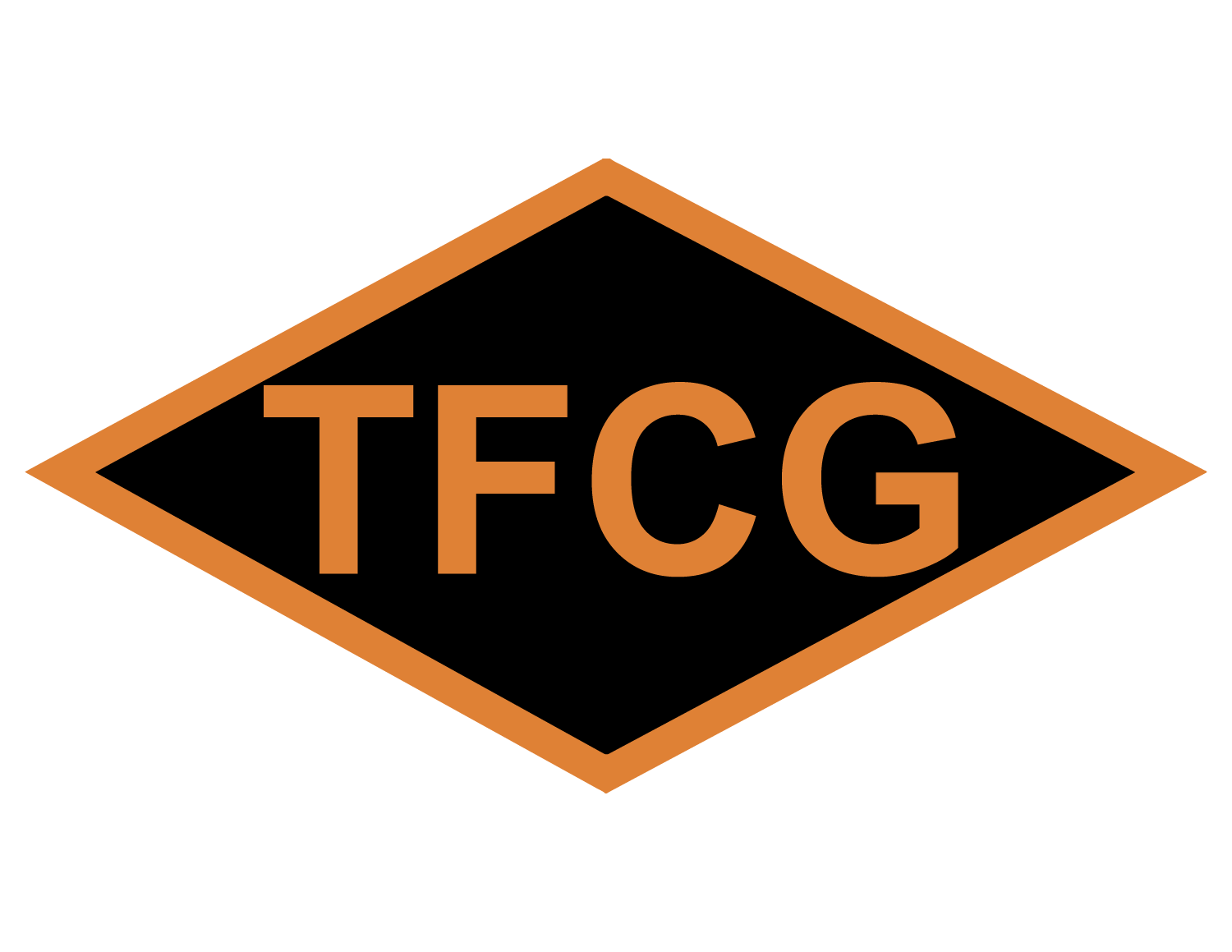Phil Jackson, NBA Coach (#242)
Today’s blog post continues the series on great coaches. Last week, we looked at Bill Campbell and this week we continue with NBA Coaching legend Phil Jackson
Phil Jackson
Phil Jackson (born September 17, 1945) is one of the greatest coaches of professional basketball. Over his 20 years of coaching in the NBA, his teams won 1,155 games and lost 485 — a .704 winning percentage. He was inducted into the National Basketball Association Hall of Fame in 2007.
Born in Montana, Jackson played college basketball at the University of North Dakota. Drafted by the New York Knicks in the 2nd round, he played 12 seasons as a power forward, winning NBA championships with the Knicks in 1970 and 1973.
After retiring from playing, Jackson became a coach. His first NBA head coaching stint was as the head coach of the Chicago Bulls from 1989 to 1998, leading them to six NBA championships and two “three-peats.” The last NBA championship was chronicled in the excellent Netflix series The Last Dance (worth a watch if you haven’t seen it). He then coached the Los Angeles Lakers from 1999 to 2004 and again from 2005 to 2011; the team won five NBA titles under his leadership, with a three-peat from 2000 to 2002 and back-to-back titles in 2009 and 2010.
Jackson's 11 NBA titles as a coach surpassed the previous record of 9 set by Celtic’s coaching legend Red Auerbach.
Jackson is known for his use of Tex Winter's triangle offense as well as a holistic approach to coaching that was influenced by Eastern philosophy. His nickname was "Zen Master.” He also used Native American spiritual practices to help his team. He is the author of several books about basketball.
There are three levels of leaders or leadership — strategic, tactical, and direct. A basketball coach is a direct leader since he works directly with his 5 players on the court, ~7 players on the bench, assistant coaches, and scouts. Direct leaders or leadership is the face-to-face or first-line leadership that generally occurs in organizations where direct reports see their leaders all the time. The direct leader's span of control may range from a few to dozens of people.
Phil Jackson’s Eleven
Phil Jackson boiled the mindful leadership principles that helped lead and develop his teams into eleven simple concepts:
Lead from the inside out
Bench the ego
Let each player discover their own destiny
The road to freedom is a beautiful system
Turn the mundane into the sacred
One breath = one mind
The key to success is compassion
Keep your eye on the spirit, not the scoreboard
Sometimes you have to pull out the big stick
When in doubt, do nothing
Forget the ring
The one I find most compelling is #4 — the road to freedom is a beautiful system. To me, this sounds a lot like Jocko Willink’s catchphrase “discipline = freedom.” For Phil Jackson, the beautiful system was Tex Winter’s triangle offense.
The triangle offense was built around a sideline triangle created by the center, who stands at the low post, the forward at the wing, and the guard at the corner. The basketball team's other guard stands at the top of the key and the weak-side forward is on the weak-side high post. The goal of the offense is to fill those five spots, which creates good spacing between players and allows each one to pass to the other four teammates. Every pass and cut has a purpose and the offense capitalizes on the opportunities that the defense presents.
No 2022-2023 NBA team uses the triangle. The increased efficiency of the 3-point shot has placed more importance on perimeter shooting and player versatility. Interestingly, the focus on the 3-point shot provides much of the floor spacing that was one of the hallmarks of the triangle
The offense balanced structure with the creativity. It enabled Michael Jordan and then Kobe Bryant to use their immense talents, but if they were double-teamed they could pass the ball to wide-open teammates in the triangle. As Phil says, the beautiful system enabled the Bulls to win 6 NBA championships and the Lakers to win 5.
Application
As you think about Phil Jackson and the triangle offense, it is worth asking the question does your team have a system or process? As a leader do you have systems and processes that are helping the team? Do your systems and processes balance structure and creativity? Do your processes provide the discipline to the group that enables creativity? Or are the processes so disciplined that they stifle creativity?
Conclusion
If you want to know more about Phil Jackson, read his autobiography Eleven Rings. Over the next several months, I’m going to take a look at a series of great coaches. Next up, is Dan Gable, the legendary former coach of the Iowa Hawkeyes wrestling team.
Interested in improving your leadership skills, discipline, and systems, and accomplishing your goals? Let's work together to make sure your personal purpose, goals, and perseverance are aligned and that you are the best leader you can be. Hit one of the buttons below to see if an executive coach will help you improve your performance.
In the meantime, go on the offensive and use Phil Jackson’s ideas on balancing systems with creativity to improve your team.


